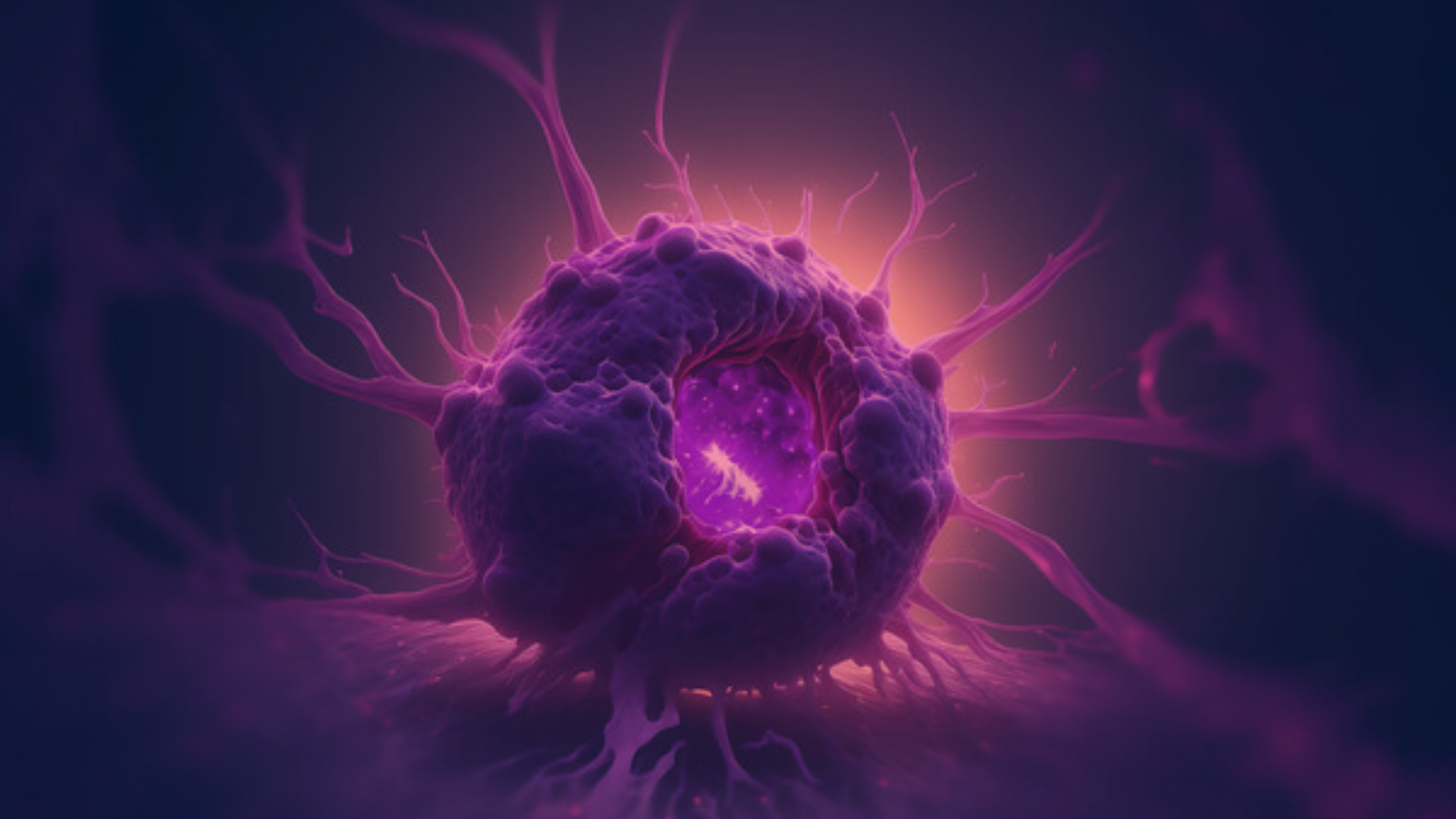More than five thousand genetic variations that enhance the development of some types of cancers have been recognized by scientists. Besides, there may be a possible therapeutic target against which these forms of cancer can be fought. Wellcome Sanger Institute, The Institute of Cancer Research and University of Cambridge researchers have investigated BAP1 ‘tumour defence’ gene health related transformations. More than one fifth percentage is pathogenic for these mutations increasing eye, lung lining, brain, skin and kidney cancers risks.
The findings are published in Nature Genetics and available to help doctors diagnose patients and pick the most effective treatments. These results also help individuals from diverse ethnic backgrounds who are traditionally underrepresented in genetic research.
Meanwhile, certain disruptive variants of BAP1 have also been found to be associated with increased levels of IGF-1, a hormone as well as a growth factor. This can be an indication that new medicines could obstruct this harm that potentially slow or even prevent some cancers.
Also Read: Reduced Alcohol Consumption Linked To Lower Cancer Risks: Study\
What Is BAP1 Gene?

A rare inherited disorder that is caused by mutations (changes) in the BAP1 gene. Having this mutation increases the risk of developing certain types of cancerous tumors of the skin, eye, kidney, and mesothelium (the tissue that lines the chest and abdomen).
Individuals who inherit variants of BAP1 have an increased risk of cancer by up to 50 percent, which can appear as early as about the time of middle age. Genetic screening for inherited variants could detect early risk and guide preventative measures, improve treatment effectiveness, and quality of life. Scientists used ‘saturation genome editing,’ studying 5,665 harmful changes—mutations—that disrupted these protective effects of BAP1. Further work profiling data from UK Biobank confirmed that those who bear these harmful variants are more than ten percent more likely to be diagnosed with cancer.
Levels of IGF-1 were also higher in centroid subjects with deleterious BAP1 variants, which may imply that targeting IGF-1 could, in fact, slow or prevent certain cancers. Further assessment showed that deleterious BAP1 variants and high IGF-1 levels correlated with poor patient outcomes of uveal melanoma, thus targeting the potential use of IGF-1 inhibitors in cancer therapy.


















